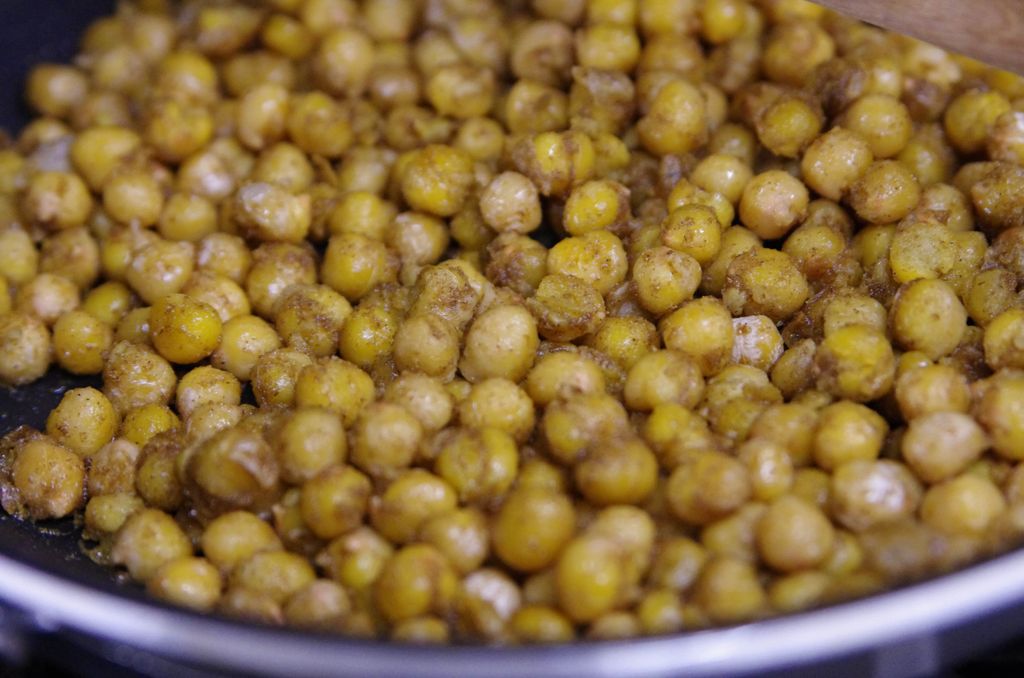10 Jul 2017
Internship Amber van Veghel, student of sustainable food process engineering
Understanding proteins: pointers for the protein transition

In May Amber van Veghel started her final year internship at Blonk Consultants. Amber will be investigating protein ingredients to provide the sector with ideas on how to speed up the protein transition.
First, we are delighted to present Amber to you in her own words:
“It was my passion for food and love of cooking that led me to study Food Technology at Wageningen University. I soon discovered it was just the thing for me and decided to specialise in sustainable food process engineering for my Master’s degree – process technology because I am fascinated by how things are made; sustainable because I want to work on making the production of our food more sustainable. Taking part in the Climate-KIC summer school taught me more about climate change and entrepreneurship and encouraged me to delve deeper into sustainability issues. And for my Master's thesis I investigated the sustainability and functionality of conventional pea starch compared with alternative production processes. A logical next step was this internship at Blonk Consultants, where I want to learn more about sustainability in the agri-food sector and especially in the field of plant-based proteins. I also like to spend my free time on food, but in a more creative way: I like to surprise people by making a personalised piece of food art for them!”

Understanding proteins: pointers for the protein transition
You may have heard of the protein transition – a shift towards consuming more plant protein and less animal protein. Well, Blonk Consultants have already completed a number of studies of the environmental impact of various types of meat substitutes. These products are often based on plant proteins, which can be obtained from many different sources. Blonk Consultants have also looked into this, more specifically by developing the 'Protein selection chart' which contains guidelines for selecting new plant proteins. The study examined various economic, ecological and technical aspects of ten sources of plant proteins. To provide users of the chart with the most recent information, Amber will be updating information on the processes used to make protein ingredients.Protein ingredients
Protein ingredients include protein concentrates and protein isolates, the difference being that the protein content of protein isolates is higher than that of concentrates. She will be examining the following protein sources- Soy;
- Lupin;
- Yellow pea;
- Potato;
- Rapeseed;
- Chickpeas;

Sustainability of protein ingredients
Product sustainability can be determined by carrying out a life cycle assessment (LCA). An LCA identifies the steps in the production process and the resulting environmental impact of a product. A key part of an LCA is the life cycle inventory (LCI), which presents the environmental impacts of the various inputs needed to make a product, such as energy, water and raw materials. For example, the raw materials for meat substitutes could be pea protein or soya protein. The environmental impact of these protein ingredients will also be incorporated into Agri-footprint®, the leading LCA database for agricultural products and foods. The information that Amber collects will provide a better understanding of the environmental impact of products containing plant proteins.Added value: proteins in a sustainable and healthy diet
But what else can the calculated environmental impacts tell us? Optimeal® can be used to calculate how sustainable and healthy a diet is, as it contains data on the environmental impact and nutritional value of foods. The tool can also recommend alternative foods, for example to make a diet more sustainable without compromising on health. Therefore Amber will research how incorporation of meat substitutes influences the nutritional and environmental profile of a diet.More information
If you have any questions about Amber’s research project please send a mail to Amber van Veghel or call Amber on +31 (0)182 577970.
